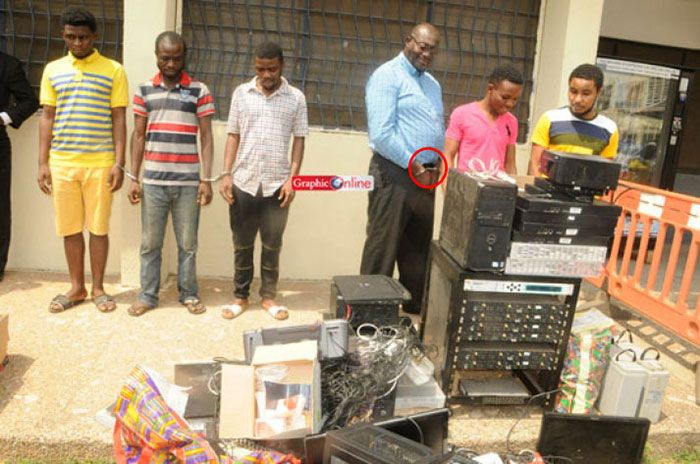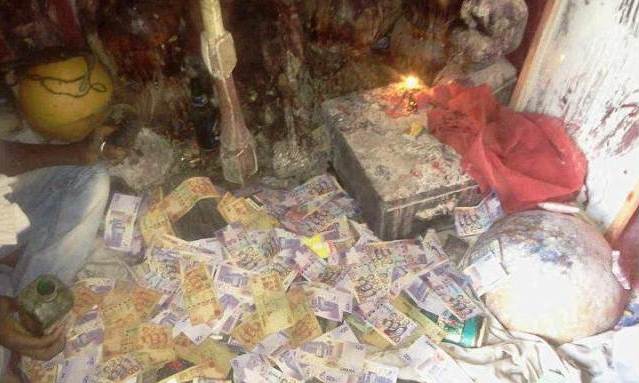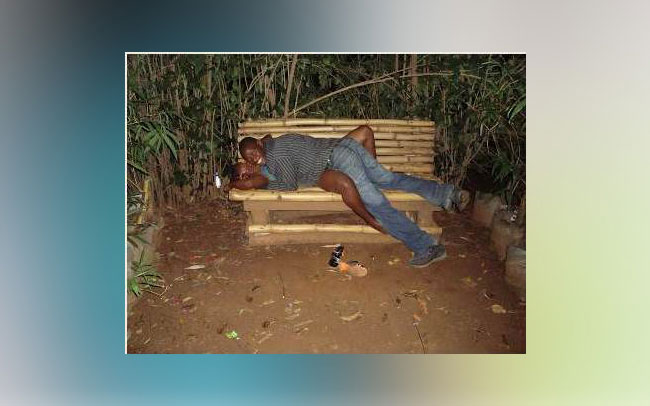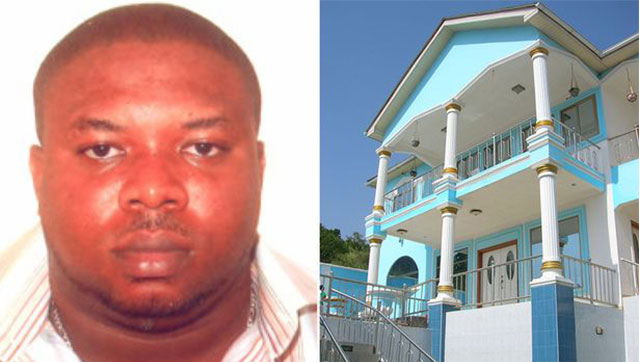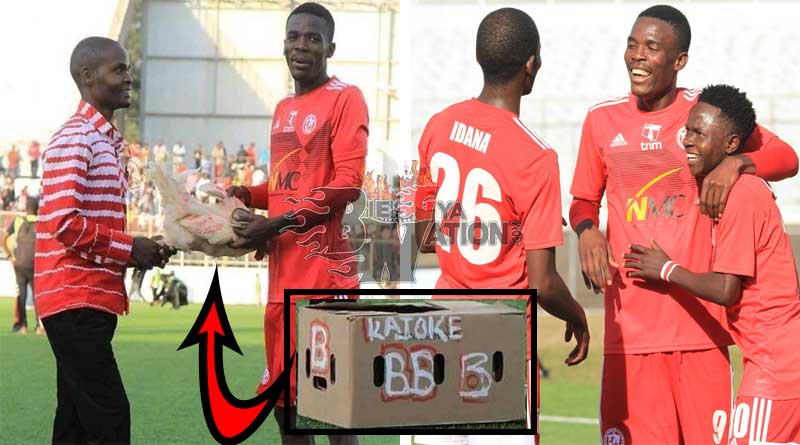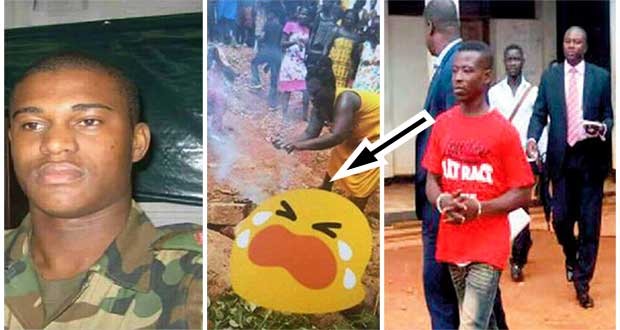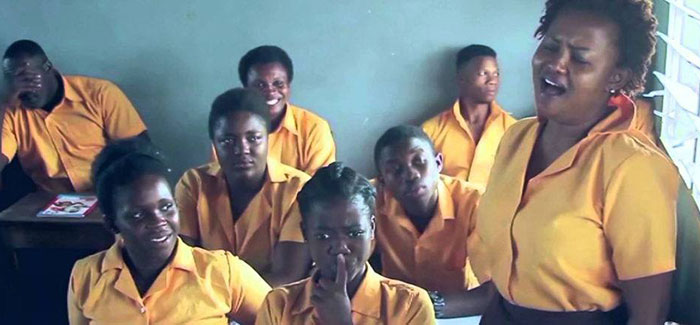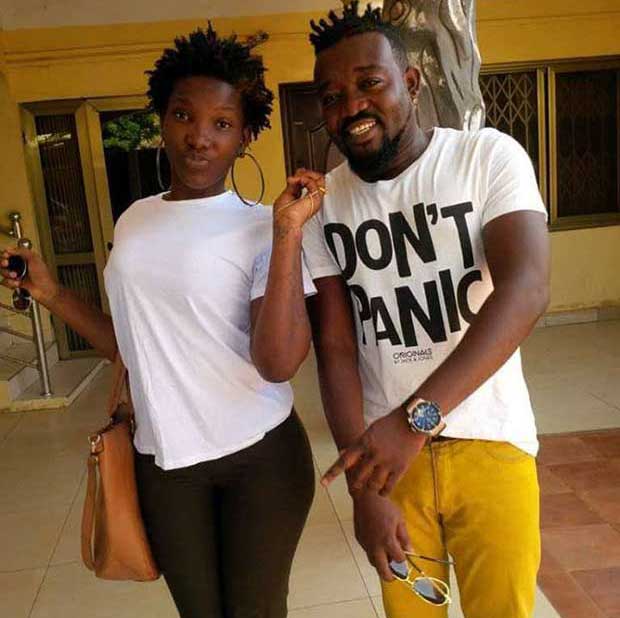Buzzing Moments

- Super User
- Category: Buzzing Moments
- Tuesday, 16 December 2014 09:25
3 Nigerians busted for stealing GH¢3 million through ATM fraud...
Three Nigerians believed to be members of a gang that manufactures and uses cloned Automated Teller Machine (ATM) cards to withdraw various sums of money from the accounts of a number of bank customers have been arrested.
The suspects who claim to be businessmen are: Emmanuel Onye Buchi Umeononoabi, 27; Martin Sunday Akimnwunmi, 27; and Joseph Obiasogo, 32.
They are believed to have withdrawn and, in some cases, transferred more than GH¢3 million from the accounts of customers of a number of banks in Accra and other parts of the country.
A fourth member of the gang, Jonathan Agambila, who was arrested earlier in November 2013, was tried and sentenced to a five-year prison term with hard labour.
The police are still hunting for the leader of the gang, Paul Mbonu Elochukwu, who is said to have provided the gadgets used for the cloning of the ATM cards.
Items retrieved from them included magnetic stripe card reader and writer, a laptop and some cloned ATM cards.
Modus
Speaking to the Daily Graphic, the Director of the Commercial Crime Unit of the Police Service, Superintendent of Police, Mr Felix Mawusi, said the suspects were arrested while they were in the process of withdrawing money from an ATM installation.
He said members of the gang usually hang around ATM installations and offer to help card users who struggle to withdraw money from their accounts.
"Unknown to the card users, the suspects have devices such as phones that have been fixed with micro-camera which they use to capture details on the card and the Personal Identity Number (PIN)," he said.
The camera is said not to make any sound or flash while taking pictures.
With the aid of their ATM manufacturing devices and electronic software applications, Mr Mawusi said, the gang then used the electronic code data they had captured to read and write the PIN on a cloned card.
"They would withdraw money using the cloned cards while the original card holders would realise the fraud only after money is withdrawn from their accounts, without any clue on how their cards got misused," he said.
Stolen monies
Complaints by a number of victims, he said, triggered investigations which led to the arrest of the suspects.
He said between August 2012 and April 2014, the gang siphoned GH¢75,000 from one bank and GH¢2 million from three other banks.
Additionally, he said, a commercial bank detected in June 2014, a number of illegal withdrawals of monies from its ATM installation to the tune of GH¢102,243.28 at various regional capitals.
As part of investigations into the matter, he said, the bank retrieved photographs of persons suspected to be behind the illegal transactions from their closed circuit television (CCTV) systems.
Arrest at Tarkwa
The pictures, he stated, were then circulated to the appropriate agencies and at about 1:30 p.m. on November 25, Akimnwunmi, who did not know he was being monitored, withdrew GH¢2,000 from a bank's ATM at Tarkwa in the Western Region.
"When he was arrested, he admitted the account he had withdrawn the money from was not his. A search was conducted on him and later in his house," Supt Mawusi said.
He said the police found a laptop, a magnetic stripe card reader and writer, 19 cloned ATM cards with six of them having handwritten Personal Identification Numbers (PIN) stuck on them; two passports and an Economic Community of West African States (ECOWAS) travel document.
Akimnunmi mentioned Obiasogo as his accomplice and assisted the police to arrest him.
"The two of them mentioned Paul Mbonu Elochukwu as the person who gave them the cloned cards to withdraw the money," Supt Mawusi added.
He also said Mawusi told the police that Umeononoabi was arrested on April 27, 2014 when he also went to an ATM in Accra to withdraw money with a card which was not his. He was put before an Accra Circuit Court but pleaded not guilty and had since been on remand.
The three suspects are now assisting the police with investigations.
Source: Graphic.com.gh





